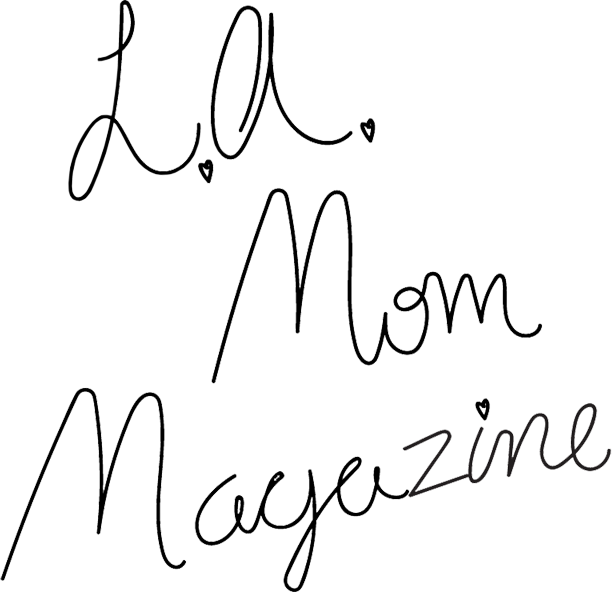 By Carolyn Mahboubi
By Carolyn Mahboubi
Life transitions are inherently painstaking. The human brain does not like change and will do whatever it takes to resist it, often in ways we ourselves don’t consciously recognize.
But the sooner we understand that change needs to happen, whether we feel ready for it or not, the easier it becomes to navigate transitions to a successful conclusion.
My passion around mastering the art and science of change was borne from my own life experiences. I learned the challenge of navigating change at a young age, when my family fled Iran for the United States when I was just 11 years old. My learning continued as a 16 year old who had to quickly find my footing as an entrepreneur amongst adults, then as a young adult who felt professional success but struggled to create satisfying intimate relationships. I also confronted challenges as a full time working single parent who struggled to balance my life, and as a physically active woman who developed chronic pain and was unable to move forward both physically and psychologically in the way that I wanted. Through these various phases of my life, I learned to make friends with change, even though sometimes it felt more like an uneasy alliance than a fulfilling relationship!
The great blessing of these experiences, from my perspective, is the role they played in preparing me to help others navigate their own challenging transitions, whether driven by external forces or from a client’s internal readiness to create a more fulfilling life.
Every life coach has their own unique style toward navigating change, but the constants are (or at least, ought to be) helping their client achieve a more objective perspective of their situation, and equipping them with simple tools for translating perspective into action. A great coach will help you get “unstuck”, feel and then act with courage, and gain measurable, sustainable results. Just as a sports coach can marvel at his or her own athletes’ accomplishments, I am in awe of how my clients change their worlds once they have the bit between their teeth – unlocked potential always is an amazing sight to behold.
At this point, you may be wondering how this actually works. For me, the 3 pillars of Life Transition Coaching are as follows:
- Create clarity and awareness.
If we are “stuck”, fearful, and not taking action, 100% of the time it is because we don’t have clarity. It is never because there is something inherently wrong with us, or that a situation simply is unchangeable (although it can certainly feel that way). We gain clarity by clearing the cobwebs of fear, guilt, shame and other emotions that cloud our judgement and vision.
- Explore values and foundation principles.
Once we have awareness of the thoughts and beliefs that are holding us back, we begin the powerful process of questioning these (often long held and stubborn) beliefs. In doing so, we uncover the “Truth”, which often is different than what we had decided to be “True” (for example, that we haven’t achieved professionally because we aren’t as capable, or that sustaining a poisonous relationship is for the betterment of others). We also do deep work around core values and use them as a vehicle to move into action.
- Develop a new toolbox
Because the work of Life Coaching is to move one forward through action, this last step is often the part everyone loves the best. At this point, the client is ready to take action “in the real world”, and as a consequence quickly sees results, creating a do-loop of action, positive feedback, and more action. The results can sometimes feel – and appear to others – like an overnight transformation, but in actuality they are the well-deserved dividends of commitment, internal work, courage and self-accountability.
The process of initiating and navigating change is easier than most think, but can be difficult to do when unsupported. A powerful, passionate and committed coach will guide you through this life-changing process and stand shoulder to shoulder with you throughout.
Carolyn Mahboubi is a professional transition coach.
